The treatment offered will depend on the type and stage of cervical cancer, as well as your general health.
How is bowel cancer treated?
Bowel cancer can be treated with:
- surgery
- chemotherapy
- radiation treatment
- targeted treatment
Before any treatment begins, make sure that you have discussed and understood your treatment team's advice. You may ask for a second opinion if you want one
Surgery for bowel cancer
Surgery is the main treatment for bowel cancer. The type of surgery you have will depend on:
- where the cancer is in your bowel
- the type and size of the cancer
- if the cancer has spread to other parts of you body
If the cancer is blocking your bowel (bowel obstruction) you will need to have surgery straight away.
The surgeon may put a tube called a stent into the bowel.
The stent keeps the bowel open so it can start to work normally again.
The cancer will still need to be removed.
Keyhole surgery for bowel cancer
If the cancer is small, you may have keyhole surgery to remove it. This is called a laparoscopic resection.
The surgeon makes several small cuts in your tummy and passes a long tube called a laparoscope and other instruments through the cuts. They look through the laparoscope and remove the tumour.
Usually, people recover much quicker with this type of surgery.
If the cancer is larger you, will need surgery to remove part of the bowel. This is called a colectomy.
Left hemicolectomy
If the left side of the bowel is removed it is called a left hemicolectomy
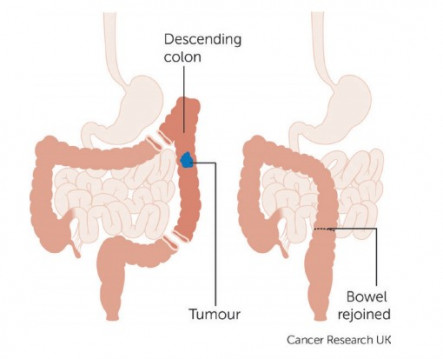
Traverse colectomy
If the middle part of the bowel is removed it is called a transverse colectomy.
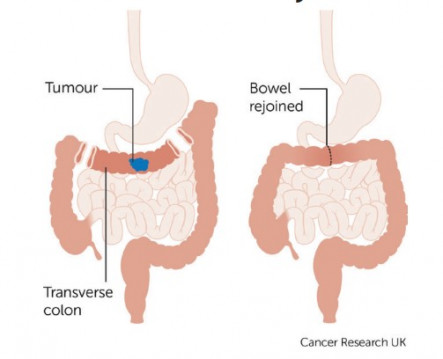
Right hemicolectomy
If the right side of the bowel is removed it is called a right hemicolectomy.
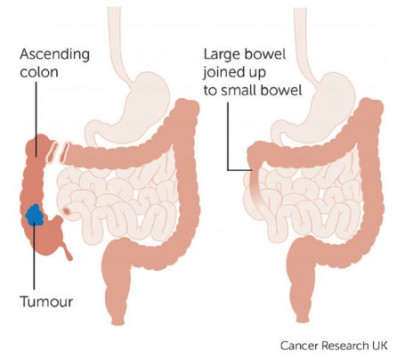
Sigmoid colectomy
The sigmoid colon is the last part of the colon before the rectum. If the sigmoid colon is removed it is called a sigmoid colectomy
For cancers in the lower part of the rectum, the rectum is removed. If possible the surgeon joins the end of the colon to the anus. Sometimes they will use the end of the colon to make a pouch to store bowel movements before you go to the toilet.
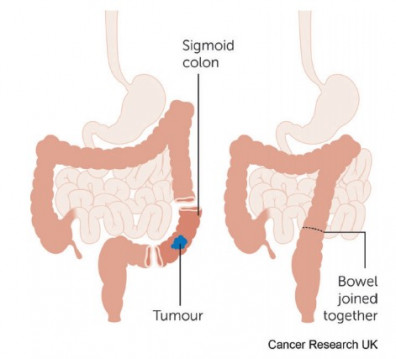
Lower anterior resection
If the cancer is in the upper part of your rectum, the surgeon removes the part of the rectum containing the tumour.
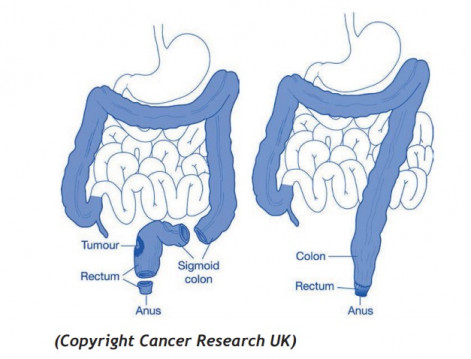
Abdominoperineal resection
If the cancer is in the lower part of the rectum your surgeon cannot leave enough of the rectum to work properly so they will remove your anus and rectum completely. This is an abdominoperineal resection. You will have a permanent colostomy.
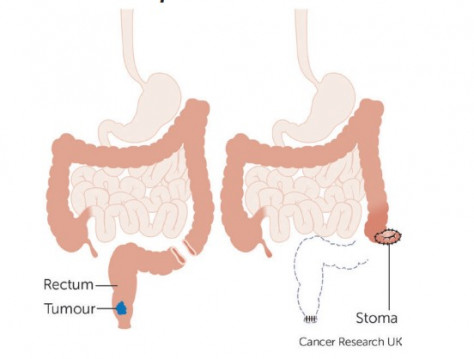
After surgery for bowel cancer
After your surgeon removes the part of your bowel, the ends of the colon are joined back together. The join is called an anastomosis.
Sometimes, the ends of the colon are not rejoined, and the surgeon makes a temporary opening on the surface of your tummy.
You will have a stoma bag over the opening of the bowel, which will collect the poo (faeces).
After you have healed, this can be reversed. If you have had a large amount of bowel removed, it may be permanent.
A stomal therapist will see you before and after the operation and teach you how to manage the stoma.
Radiation treatment for bowel cancer
Radiation treatment is the use of radiation beams to destroy cancer cells or slow their growth.
Radiation treatment is used to:
- to shrink a tumour so that surgery is more effective
- to treat any cancer cells remaining after surgery
- to slow the growth of cancer or relieve symptoms such as bone pain
Chemotherapy for bowel cancer
Chemotherapy uses medications to kill cancer cells while doing the least possible damage to normal cells.
Chemotherapy may be used for bowel cancer:
- before surgery to shrink the cancer
- at the same time as radiation treatment
- after surgery to reduce the risk of cancer coming back
Chemotherapy is given by injection or IV drip into a vein, or via a portable infusion pump worn on the body to deliver the medicine continuously into the veins.
Some chemotherapy treatments are given as tablets or capsules that you probably take every day.
The number of treatments you have depends on the type of bowel cancer you have. It also depends on how well your body is handling the side effects.
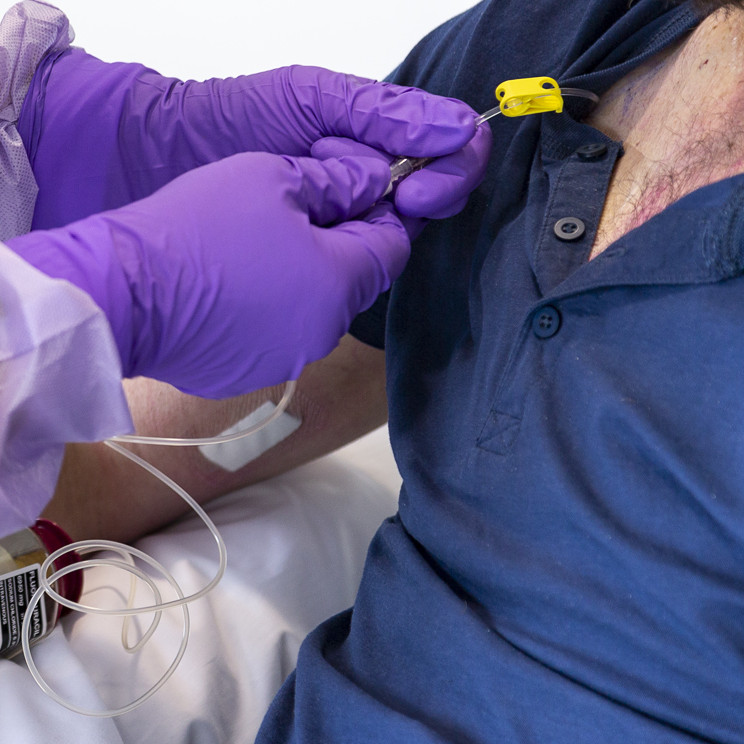
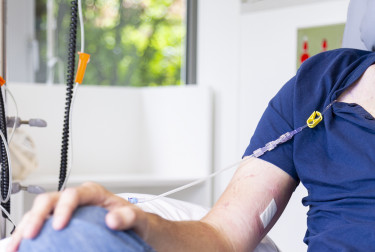
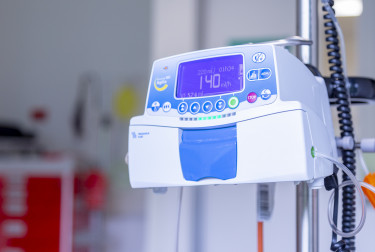
Targeted treatment for bowel cancer
Some drugs can 'turn off' cancer cells and stop them from growing and spreading.
These are called targeted treatments because they target damaged genes or proteins of the cancer cells.
You will be offered targeted treatment if your test results show the cancer cells will respond to it.
Palliative care
Palliative care aims to improve your quality of life. It is not just about end of life care.
Palliative care will help:
- you to enjoy the best quality of life you can for as long as possible
- make sure that your physical, practical, emotional and spiritual needs are looked after as well as possible
- manage symptoms of your cancer
- manage side effects of treatment
- help you to feel in control of your situation
- make your time as positive as it can be for you and your family/whānau
Speak with your treatment team about palliative care options for you and your family/whānau.
Using complementary or traditional healing
Sometimes people with cancer might think about using complementary therapies or traditional healing.
Some alternative, complementary and traditional healing methods may react with the treatment you receive and cause harmful side-effects.
It is important to talk to your treatment team about any other therapies you’re using or thinking about because they may interfere with hospital treatment.
Life after cancer treatment
After you finish treatment for cancer, give yourself time to adjust to the physical and emotional changes. We are still here to support you after your treatment finishes.
You will need regular check-ups with your treatment team. These may include some blood tests or physical examinations. Speak with your treatment team about the plan for you.
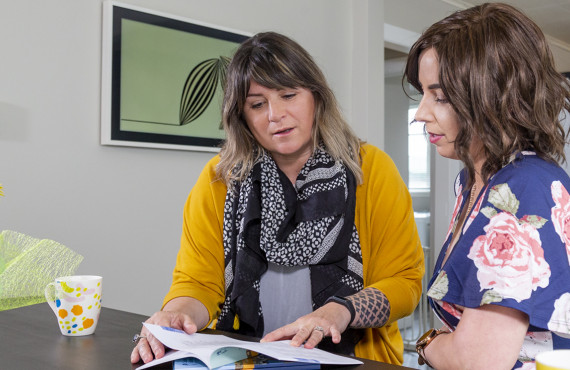
Help with making tough decisions about what treatment you will have.
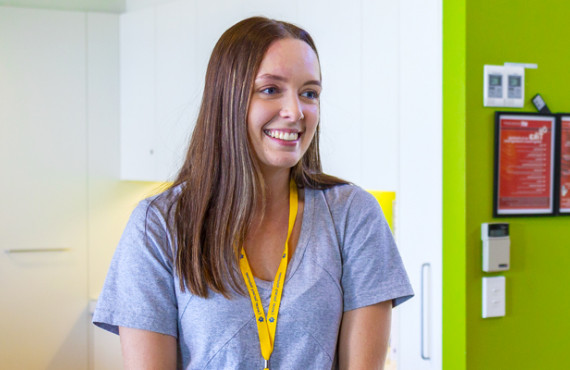
We are here to help and support you and your whānau through cancer diagnosis, treatment and recovery…
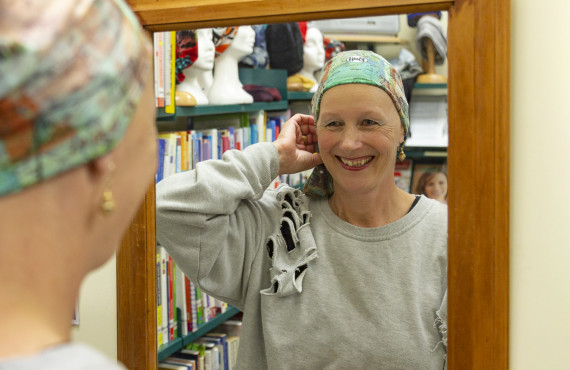
How to manage the symptoms of cancer and the side effects of treatment.

You may have bowel problems like constipation, diarrhoea and flatulence.
We know that going through cancer is tough and can raise many questions. You are not alone.
We have health professionals to answer your questions and provide the support you need.
Get in touch
